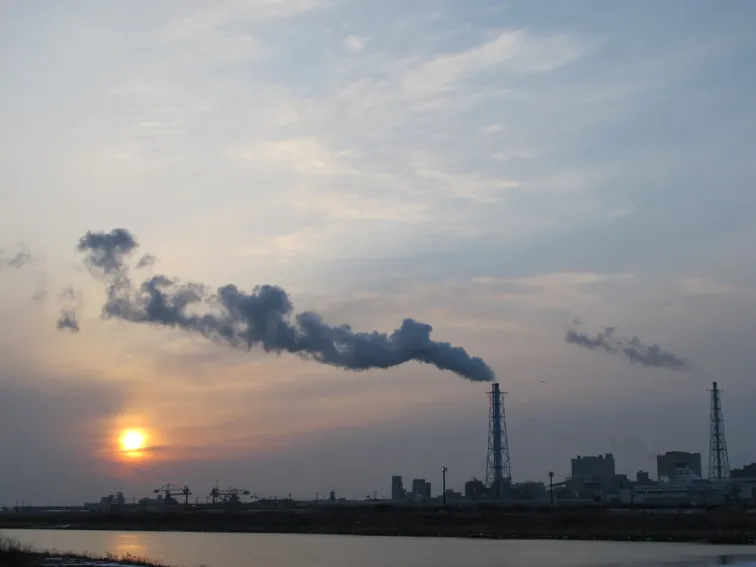
Japan's coal consumption to decline even with lacking climate action
The existing coal fleet will reach their end-of-life by 2030s.
Even with a sizeable coal pipeline, Japan is set for a significant reduction in coal consumption over the next 20 years, according to an analysis by the Institute for Energy Economics and Financial Analysis (IEEFA). Consumption is expected to decline even without further action on climate change.
Latest Global Energy Monitor (GEM) data showed that Japan has 9.3GW of coal plants under construction. However, Japan’s electricity generation has dropped at an average rate of 1.2% per annum since 2008.
“New power generation cannot be added to a power system with flat or declining demand without existing generation being crowded out,” said Simon Nicholas, energy finance analyst at IEEFA.
Importantly, the GEM data also shows that Japan has 8.3GW of old coal power plants that will be due for end-of-life closure over the next five years. The new, more efficient coal plants will replace the old ones, consuming less coal in the process.
Furthermore, the pipeline of Japanese coal plants yet to reach construction has been hollowed out by project cancellations, Nicholas said.
There was another 9GW of coal plant proposals under development but yet to reach construction. As of January 2020, there are now only 2.6GW according to GEM. “What’s more, the remaining projects look highly uncertain to proceed,” Nicholas added.
Power utilities are withdrawing from the big coal-fired projects. For instance, Osaka Gas backed out on the proposed 1.2GW Ube coal power plant in April 2019. The proposal’s remaining proponents have halted the environmental assessment process for the proposal whilst they reconsider their plans.
Marubeni Corporation would reportedly halt the 1.3GW Akita coal power proposal, but was yet to go public with this disclosure whilst it negotiated with its project partner Kansai Electric Power. Kansai Electric Power has since announced that the project would not start as scheduled and grid access rights for the proposed plant have reportedly been surrendered suggesting that it has been, in effect, cancelled.
Assuming a full 40-year lifespan for the existing fleet, Japan’s coal power capacity will peak in 2024 and then decline throughout the late 2020s and 2030s as units reach their end-of-life. “If renewable energy continues to undermine the economics of coal power or Japan makes serious efforts to reduce carbon emissions, this decline could happen significantly faster,” Nicholas said.













 Advertise
Advertise











